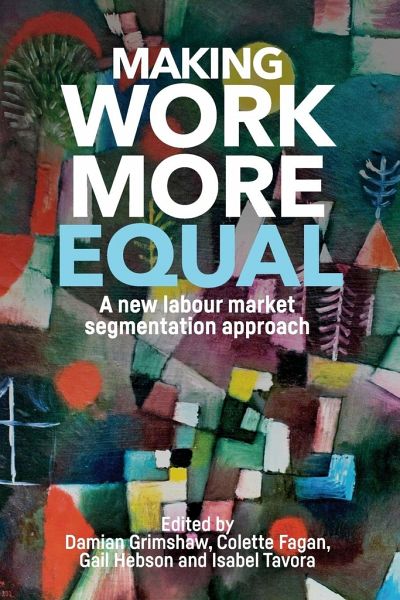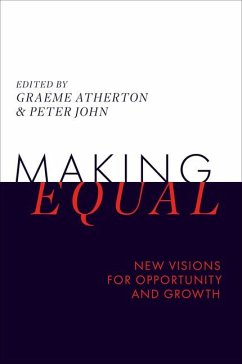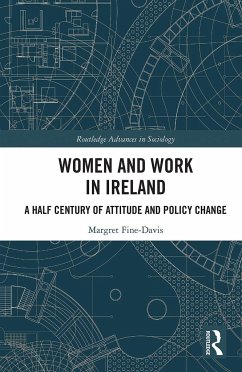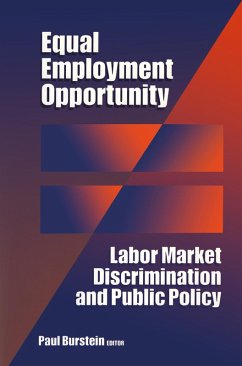
Making work more equal
A new labour market segmentation approach
Herausgeber: Grimshaw, Damian; Hebson, Gail; Fagan, Colette

PAYBACK Punkte
20 °P sammeln!
A tribute to the highly influential contributions of Jill Rubery, this book proposes a 'new labour market segmentation approach' for the investigation of issues of job quality, employment inequalities and precarious work. -- .













